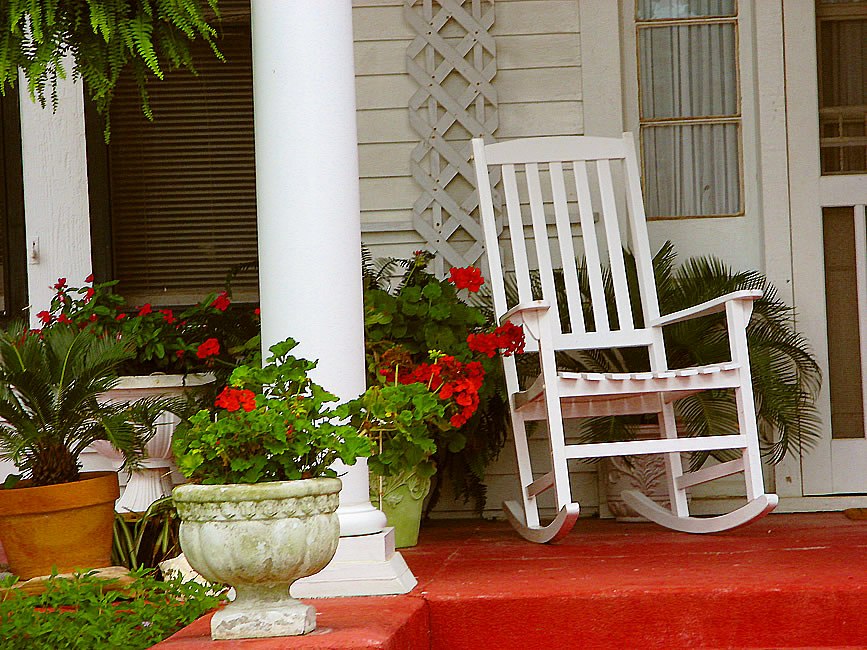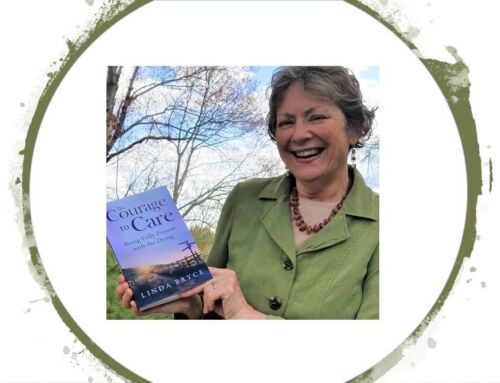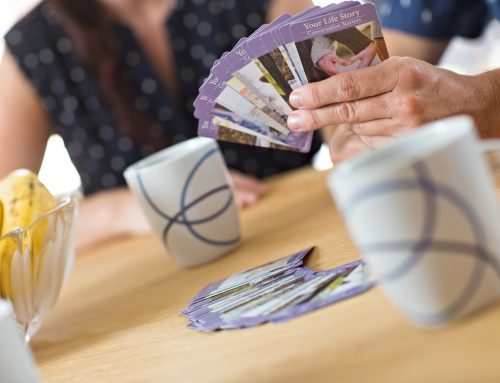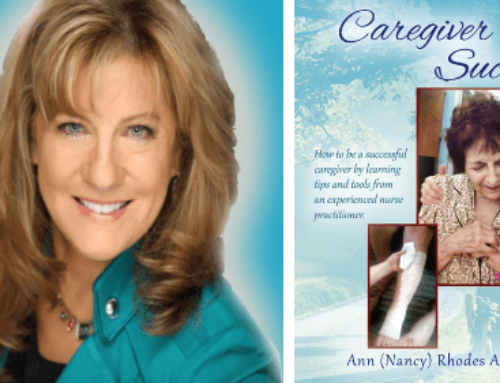Just as every life is unique, so is every death. More people are expressing a wish to die at home with their family and friends. There is also a small and growing trend for home funerals (Family-Directed or DIY funerals), that allow for some, or all, after-death care to be administered by family and friends.
A movement toward home ‘after-death care’ has convinced thousands of Americans to deal with their own deceased loved ones, and the movement, although in its infancy in Australia, is gaining popularity.
During the 1800’s in Australia, most people died at home rather than in a hospital. A coffin was brought to the home, and the family and friends washed and laid out the deceased person in the front parlour. Keeping the deceased at home was a natural part of the cycle of life. A service was usually conducted in the home and then the coffin was transported, without ceremony, by an undertaker’s horse-drawn cart to the place of burial.
By the early 1900’s, the role of the undertaker had changed. They provided a coffin, a horse-drawn hearse for the funeral procession, mourning clothes and funeral attendants. Funerals were becoming a sign of social status and available to more people. However, family and friends were still taking the major role in caring for their family member at home and conducting the funeral.
The social changes associated with World War I, saw the removal of dying and death from the family home, and into specialised places such as hospitals and funeral homes. Over time, dying and death were no longer seen as a natural and necessary part of life. Death came to be viewed as something distasteful, that we should hand over to funeral homes so we don’t have to be close to it.
A home funeral is not always suitable or practical for all families. However, it’s very important the choices are available for those families that see it as a natural extension of the love and caring they have provided in the lead up to their loved one’s death.
There can be varying degrees of involvement in home funerals. Some families prefer to care for their deceased loved one at home, and use a funeral director to complete end of life paperwork and to transport their family member for a traditional funeral service, or simply for cremation or burial.
A home funeral should be planned well in advance, as it requires significant preparation and education. The legal requirements around death and dying differ from state to state and are constantly changing, and you will need to educate yourself on the laws of your state.
You will have to be informed as to what you’ll need to attend to, and what supplies are necessary to care for your deceased loved one at home. Make a decision in advance on a suitable place to keep your loved one at the right temperature, and locate where you can hire cooling plates or a cooling bed, or even dry ice.
For further information visit – Palliative Care Org Australia – How to Prepare a Loved One’s Body for a Family-Led Funeral
The purchase of a coffin is now easily arranged, and can be organised online. Suppliers claim to offer prices up to 50% cheaper than traditional funeral homes and guarantee delivery within 24 – 48 hours.
The most challenging aspect of a home funeral, is the transportation of the deceased person. Personal vehicles are not designed for this activity, and it can cause distress to the family if this is not handled in a dignified and respectful manner. Some funeral directors offer transportation of the deceased as a ‘stand-alone’ service. There are also funeral transport services that provide repatriation of a deceased person within your state and interstate, and if required, local transportation eg from hospital to home.
If there is to be a cremation, you will need to find a crematorium that is willing to deal directly with the family. Although many crematoriums are owned by funeral homes, some crematoriums are independently owned, and will provide cremation services directly to the family. Others will only deal with a funeral director.
If there is any question as to the cause of death, the deceased person will need to be taken to the local coroner, and in these circumstances, home funerals are usually not the best option.
If you do decide that you would prefer a home funeral, it is important that you document your decision in your funeral plan, so that your family are aware of your wishes.
Some funeral directors are taking the initiative and encouraging families to be involved in the funeral process to whatever degree they choose, rather than forcing you to conform to the rigid practices of an industry which is slow to evolve.
If you require the services of a Funeral Director, please use our Business Search facility.
There is also a growing number of professionals who can assist families with carrying out a home funeral. End of life support professionals, (also called end of life doulas or death doulas) can help you understand what to expect when planning a home funeral. They can also provide a range of services, depending on the patient’s individual needs. See our news article on Death Doulas.
If you require the services of an End of Life Doula, please use our Business Search facility.
Home funerals can provide a safe and comfortable place to discuss life and death and to express grief and loss. They can reinforce the bonding process as family and friends support each other in conducting the preparations and the event, surrounded by everyday life.






